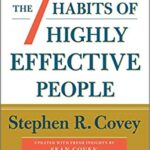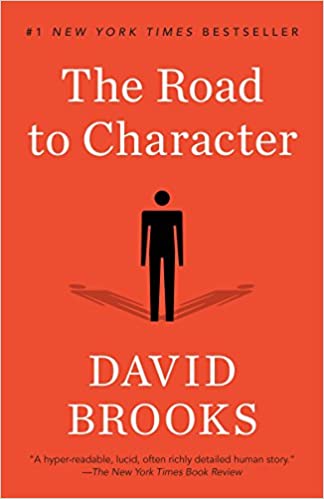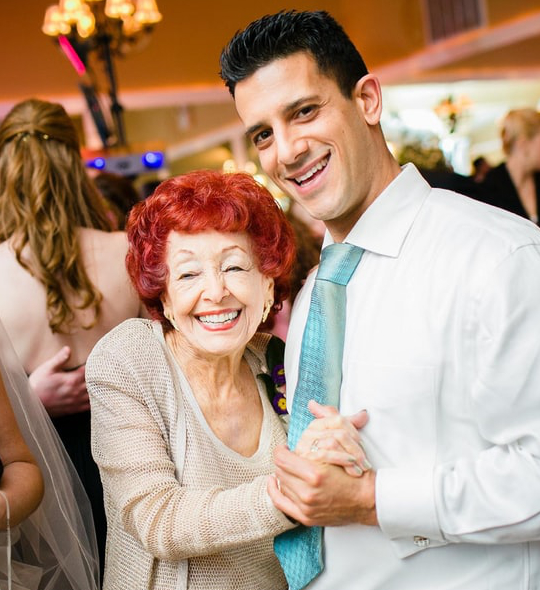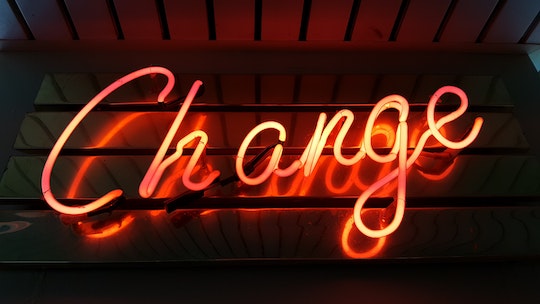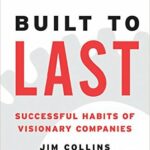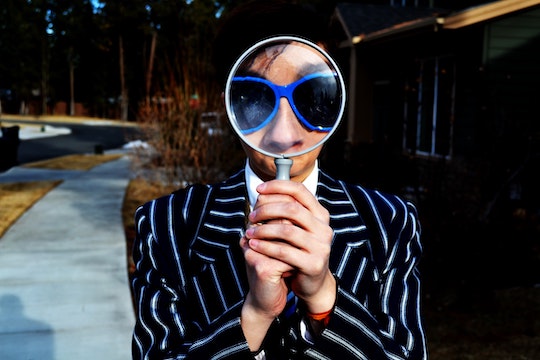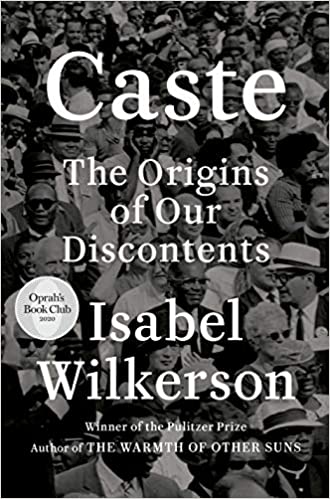“Broad ideas influence more people. Specific ideas influence people more.”
—James Clear, author, entrepreneur, and photographer
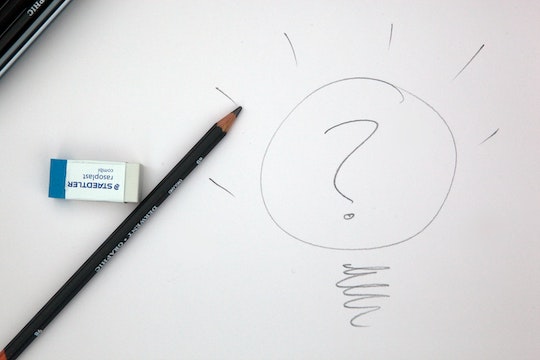
Image from Unsplash by Mark Fletcher-Brown
On any give weekday it is possible for thousands of people to be influenced by this blog via email, LinkedIn, Facebook, and Twitter.
For the past ten years I have attempted to share daily nuggets of wisdom to influence many people with thought-provoking and/or motivational quotes, a coaching commentary, and an exercise to dig deeper and apply these ideas.
With many of us overwhelmed by far too much information from far too many sources, my efforts to have people invest five to ten minutes per week are not always successful.
During the same five days, four to six individuals invest an hour to engage me in a variety of specific ideas and approaches through one-on-one coaching, to impact and enhance aspects of their personal or professional lives.
EXERCISE:
What impact are you attempting to have with people in your various communities?
Where are specific — rather than broad — ideas the way to go to have the level of influence you intend?


